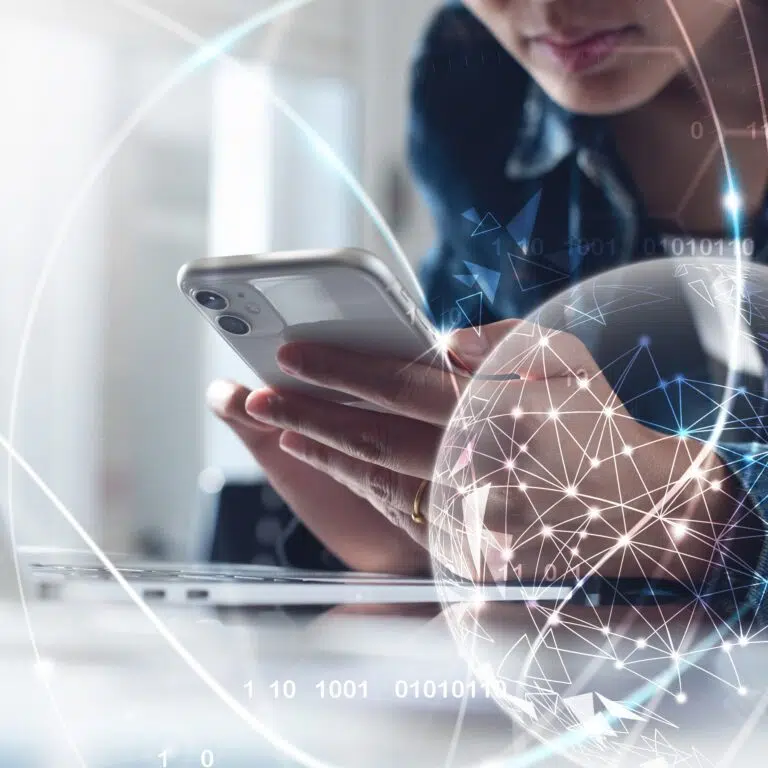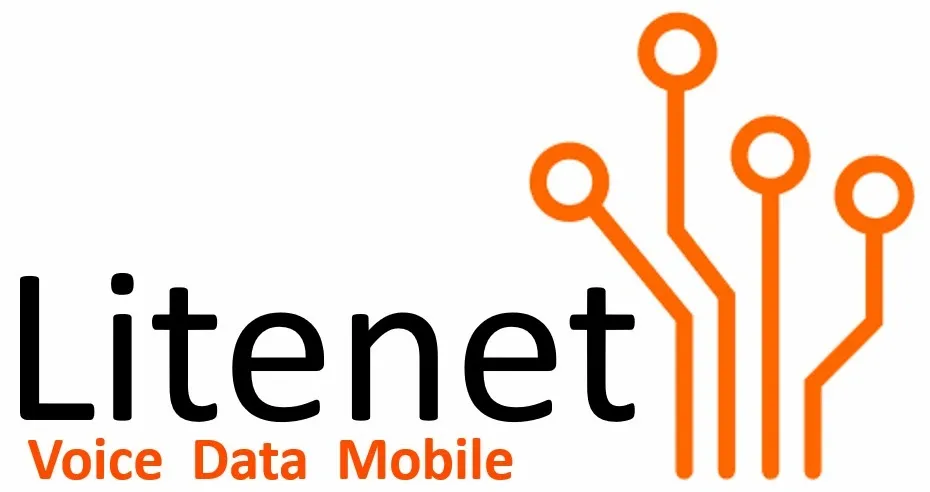There’s a lot of bored people out there. In almost all cases work has slowed down, people are on furlough, customers aren’t buying, offices are shut. It’s a really difficult environment at the moment, and businesses are naturally worried about what the world is going to look like when all of these restrictions are lifted. But, for some businesses, this environment provides great opportunities for innovation.
Business owners and Directors want to keep going. Marketing has never been more important and there’s a genuine need out there for some radical new products and services that will change the way we go about our activities, both during this crisis and after.
We’ve all seen the big names and brands throwing their hat in the ring. Mercedes F1, Dyson and McLaren, among others, helping design and build respirators. Some smaller businesses are manufacturing PPE to cope with the demand placed on the NHS. There are others, particularly in the technology sector, who are inventing products and services that are helping the world with self isolation, social distancing and lockdown measures, and they’re giving it away for free!
The Internet Age
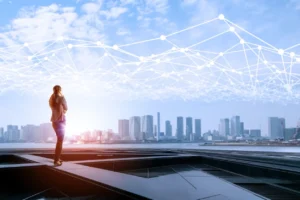
Technology has never been more powerful than it is now. It seems that a program or application can be written for just about anything.
Musicians are collaborating over the internet, celebrities are performing on YouTube, Facebook is full of positive messages.
Being connected is one of the most vital resources in any business or household right now. Without that connectivity, we can’t function. We already know that isolation and distancing are the key to reducing the death toll and infection rate. If we can’t go into offices we need to be able to carry out our work from home or suffer severe financial implications.
The Application of Technology
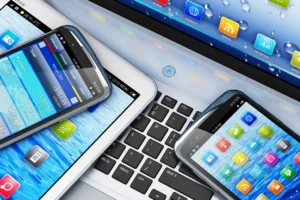
Their feedback solution page shows a screenshot of the app which suggests the user can make a request for some assistance based on their needs. The duration of social interaction can be greatly reduced by being more specific about the help the user requires, thus protecting both the user and staff members.
It’s a simple solution, but one that is very effective and uses technology to great effect. Of course it relies on the user having the correct hardware, plus a reliable internet connection.
This has great benefits right now, but in the future can be used to greatly improve efficiencies within the care industry by making sure the right staff member attends a request with the correct tools or supplies. For example, if a request is made for more toilet paper an orderly can take some straight there.
Best of all, they’re giving away this solution for free!
Fingers First
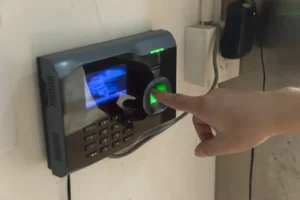
However, this pandemic has taught us something. A device that is regularly touched by more than one person is a very effective way of passing contamination around the population. It’s almost certainly something that none of us registered before.
There are answers to the most obvious problems. Contactless payment being a great example. Technology to the rescue again! Pay for your weekly shop by waving your phone in front of a reader.
Access control is a particular issue. Office doors with key codes, fingerprint scanners or even keys! Any kind of physical contact is now questioned. So what technology is available to solve these issues? There’s always a step back to using fobs or pass cards? Or,is there an opportunity to use technology to solve this too? I’m sure there are already solutions out there involving facial recognition or smartphone apps to provide these services. The question is, are they capitalising on them or offering them for free? Are they missing out on a marketing opportunity?

